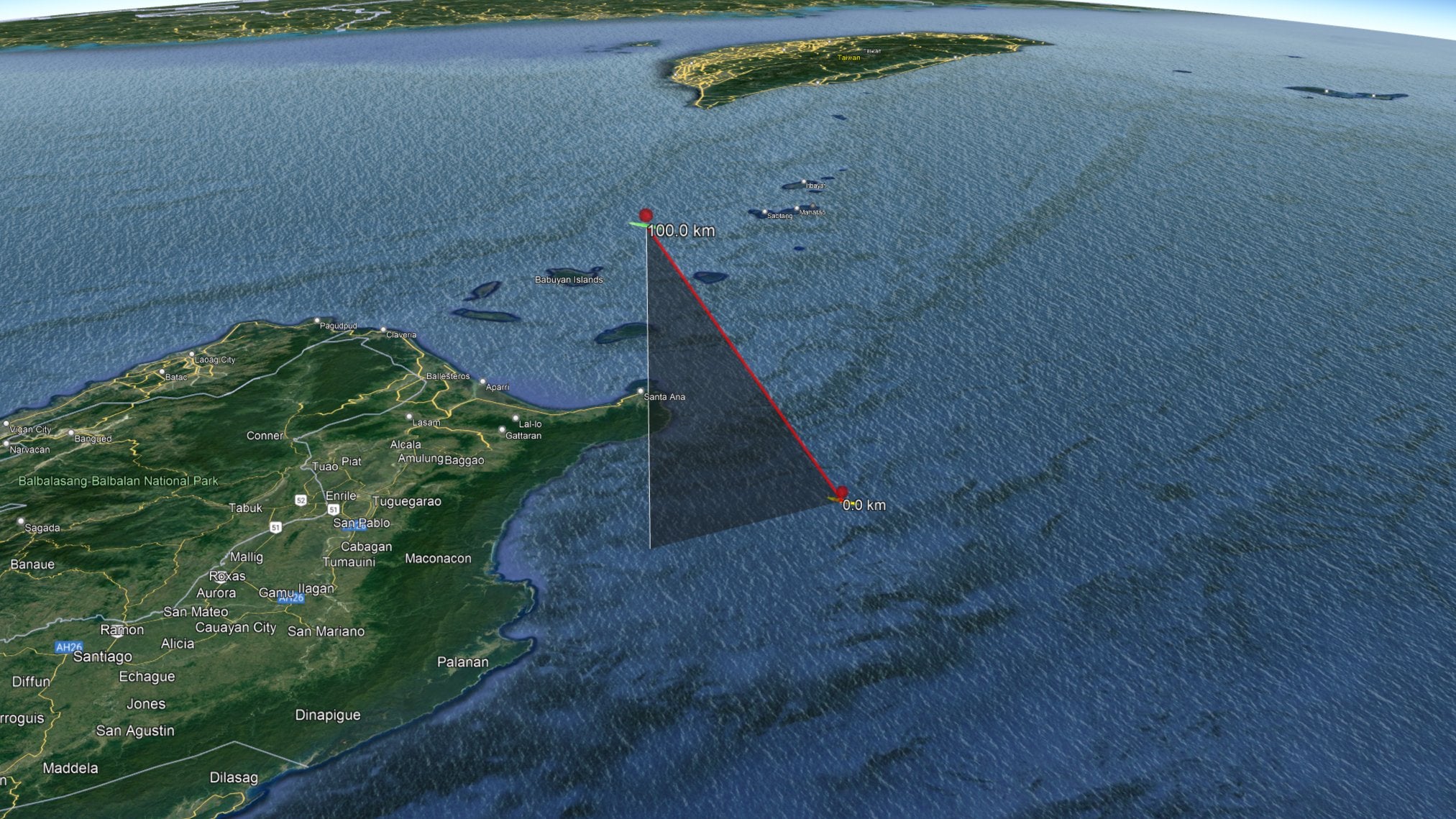Asteroid will strike Earth later today, astronomers say – but it should be fine
Object is harmless – but should provide a spectacle in the Philippines
Your support helps us to tell the story
From reproductive rights to climate change to Big Tech, The Independent is on the ground when the story is developing. Whether it's investigating the financials of Elon Musk's pro-Trump PAC or producing our latest documentary, 'The A Word', which shines a light on the American women fighting for reproductive rights, we know how important it is to parse out the facts from the messaging.
At such a critical moment in US history, we need reporters on the ground. Your donation allows us to keep sending journalists to speak to both sides of the story.
The Independent is trusted by Americans across the entire political spectrum. And unlike many other quality news outlets, we choose not to lock Americans out of our reporting and analysis with paywalls. We believe quality journalism should be available to everyone, paid for by those who can afford it.
Your support makes all the difference.The Earth will be hit by a tiny asteroid today, astronomers have said.
But the tiny asteroid – which is roughly one metre in size – will burn up in the atmosphere as it arrives.
That means it should pose no risk to anyone on the ground. But it should provide them with a show: the asteroid may be visible as a fireball as it burns up in the sky.
The object was found only this morning, by the Catalina Sky Survey. It shared images of the object as it flew towards Earth.
It is just the ninth time that we have spotted an asteroid before it hit the Earth.
It has been given the name 2024 RW1. It had previously been referred to as CAQTDL2.
It will arrive at around 17.08 UTC, or 6.08pm UK time, on Wednesday, 4 September, astronomers have said. It will land in the Philippines, near Luzon Island.
The European Space Agency was able to provide a fairly detailed estimate of where the object will impact.

But it also warned that the nearby tropical storm might make it difficult to see the fireball.
Earth is hit by objects from space fairly frequently, and almost all of them are too small to make it through the atmosphere and pose any danger. Because they are so small, it is difficult and rare to see them in advance, however.
Some impacts do cause significant damage. Perhaps the most dramatic of recent times was the Chelyabinsk meteor, which fell to Earth over Russia in 2013, injuring around 1,500 people, damaging thousands of buildings and causing tens of millions of dollars in damage.
Space agencies have been working to protect Earth from the danger that a larger object could present if it came towards the Earth, including testing spacecraft that could be used to shove it off course. But Nasa’s simulations have sometimes suggested that the Earth would not be safe from such a collision.

Join our commenting forum
Join thought-provoking conversations, follow other Independent readers and see their replies
Comments